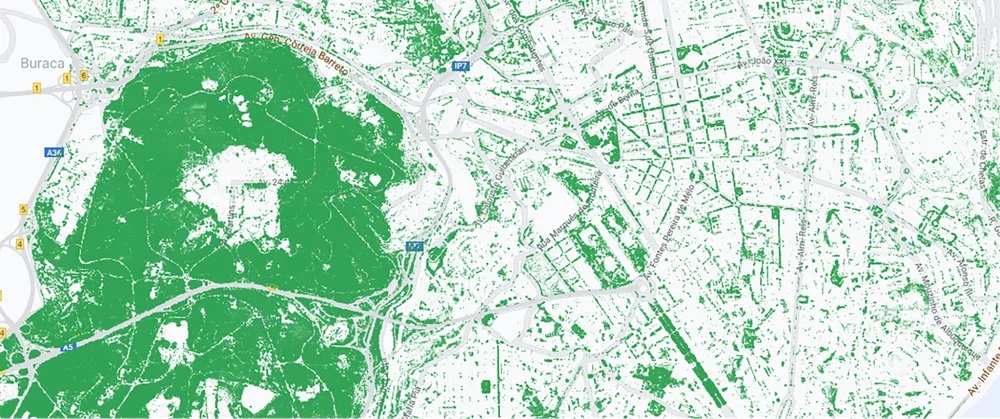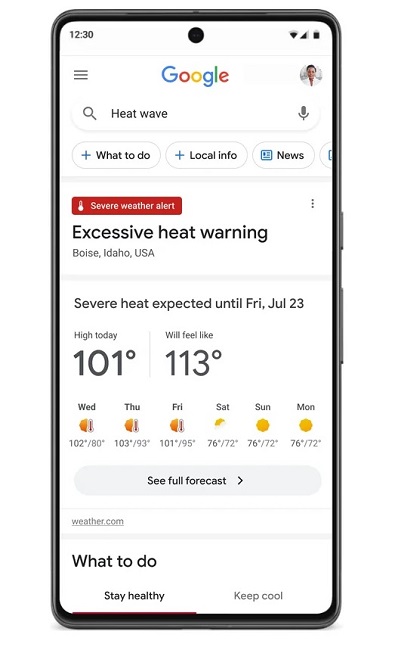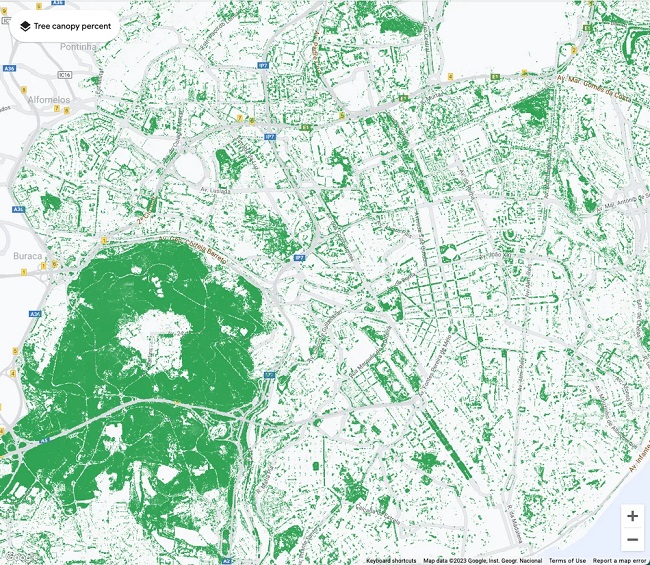
Google has announced that it will be introducing heat alerts on Search, as part of its efforts to assist cities and organizations in dealing with the increasing temperatures.
Additionally, the company has launched several initiatives aimed at aiding communities in preparing, adapting to the effects of rising heat. Google Search incorporated sustainable travel options last year.
These initiatives include the use of AI-powered tools to assist communities in managing hotter temperatures, as well as the introduction of extreme heat alerts on Search to ensure people’s safety.
Google Introduces Extreme Heat Alerts in Search
Every year, heat waves claim the lives of around 500,000 people. The number of heat-related deaths is increasing every year. People often rely on the internet to stay safe during such extreme weather events. In July 2022, the search interest in heat waves globally was at a record high.
To provide reliable and useful information during such critical moments, Google is introducing new extreme heat alerts in Search in the upcoming months. When users search for information on extreme heat, they will see crucial details such as the predicted start and end of the heat wave, tips on staying cool, and related health concerns.

All this information will be prominently displayed in the search results. To ensure the accuracy and relevance of the data, Google is collaborating with the Global Heat Health Information Network (GHHIN).
Google Expands Tree Canopy Tool to Help Cities Tackle Heat Islands
“Heat islands” are a growing concern for cities where urban areas experience higher temperatures due to structures that absorb and re-emit heat. Increasing tree coverage is a strategy to lower temperatures.
Tree Canopy, part of the Environmental Insights Explorer, uses AI and aerial imagery to help cities understand their current tree coverage and plan urban forestry initiatives. Austin city used the tool to prioritize planting trees in vulnerable areas and place bus shelters for shade.
Tree Canopy Expands Globally
Tree Canopy now covers nearly 350 cities globally, including Atlanta, Baltimore, Buenos Aires, Lisbon, Mexico City, Paris, Sydney, and Toronto. The tool has the potential to help hundreds of millions of people create cooler environments, with plans to expand to thousands more cities this year.

Cool Roofs: Another Strategy to Tackle Heat Islands
Google is exploring how to implement cool roofs by mapping solar reflectivity with AI and aerial imagery. This tool will help identify the best areas for implementation, especially in communities that lack reliable air conditioning. Google plans to pilot this tool with select cities soon.
Google.org Supports Nonprofits Tackling Extreme Heat
Google.org is partnering with non-profits to tackle the problem of extreme heat. The World Resources Institute (WRI) will get $5 million to simulate various factors affecting heat vulnerability, including air temperature, humidity, surface reflectivity, and tree cover.
American Forests and Resilient Cities Catalyst will expand their urban forestry tools and create an AI-driven heat-energy vulnerability index, respectively. All three organizations will use Google’s Tree Canopy tool to address disparities in tree coverage and make equitable decisions about green infrastructure investments.
Availability
Google’s new extreme heat alerts on its Search platform will be rolled out in the coming months to help users stay safe and informed during hot weather conditions.
Speaking on the announcement, Kate Brandt, Chief Sustainability Officer, Google, said
Together, these efforts will help people and communities around the world adapt to rising temperatures. We’ll continue to find new ways our technology and tools can bring relevant and timely information about extreme weather to billions of people, and can help cities and organizations build infrastructure that mitigates the effects of a changing climate for everyone.
